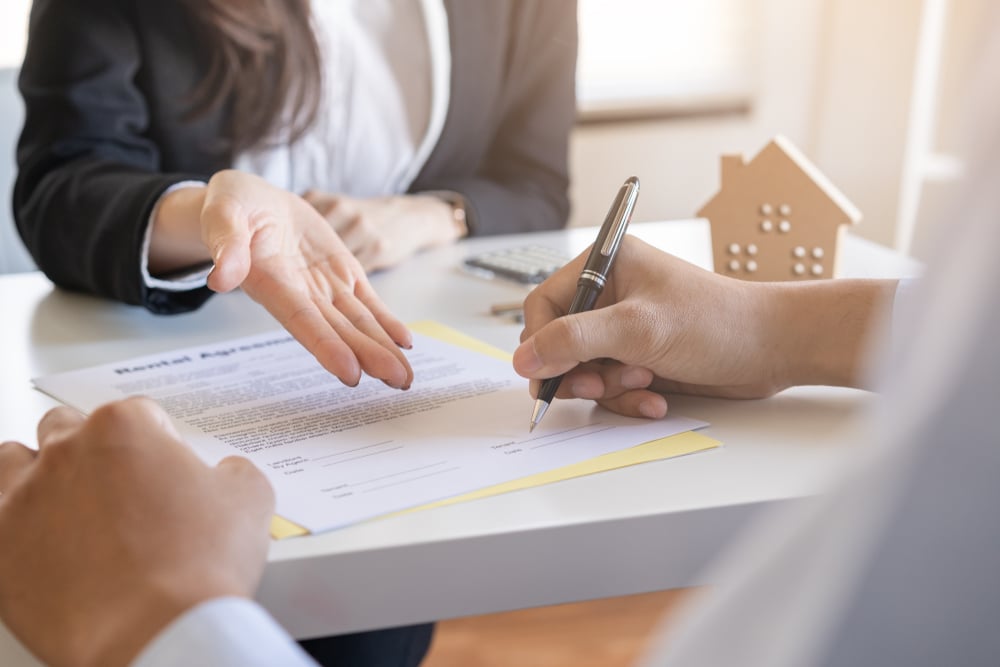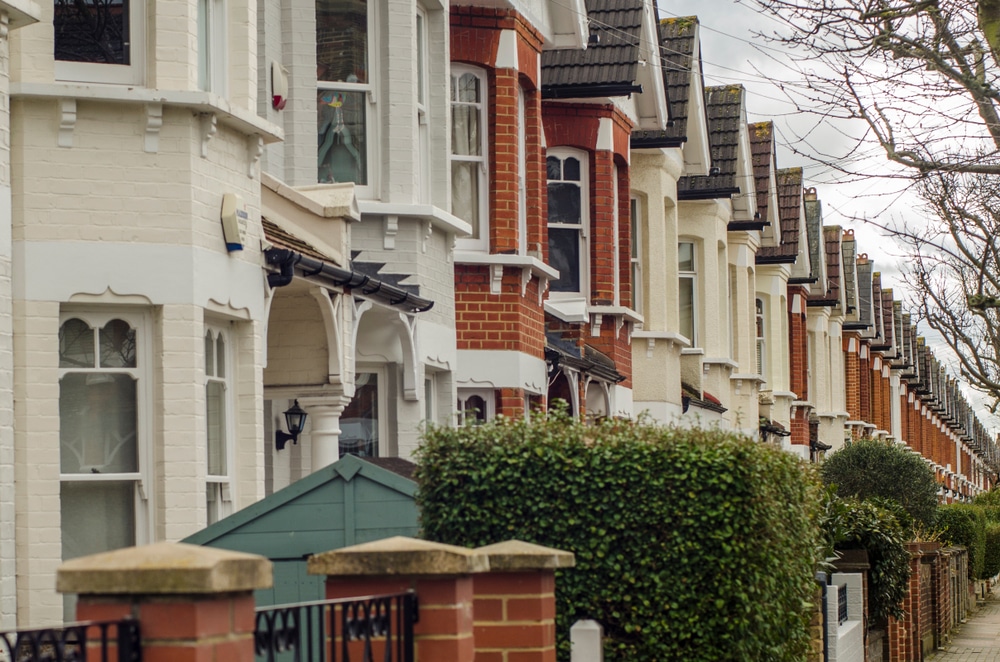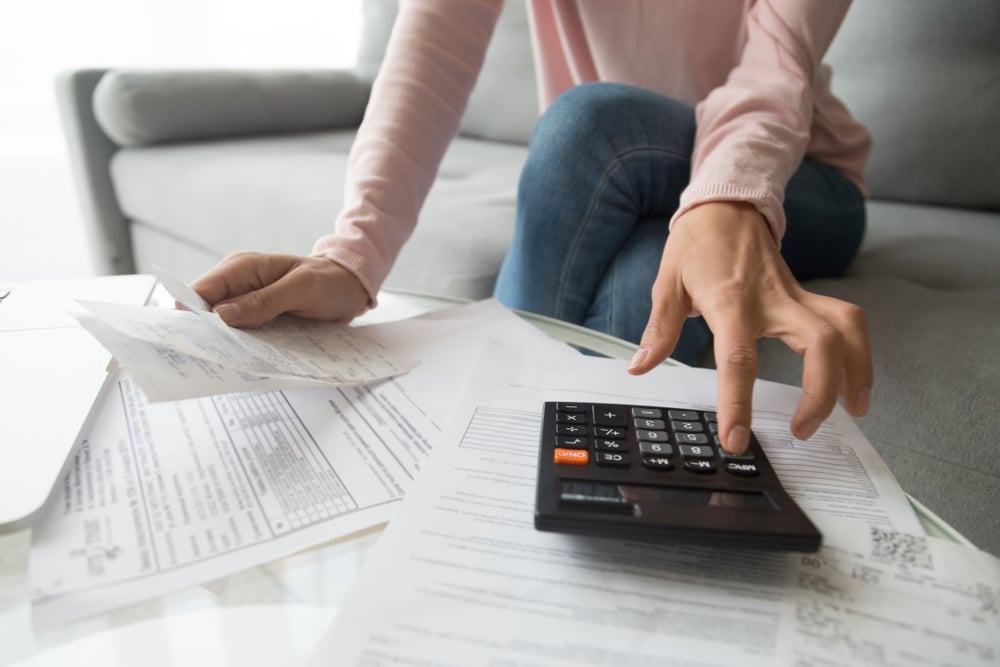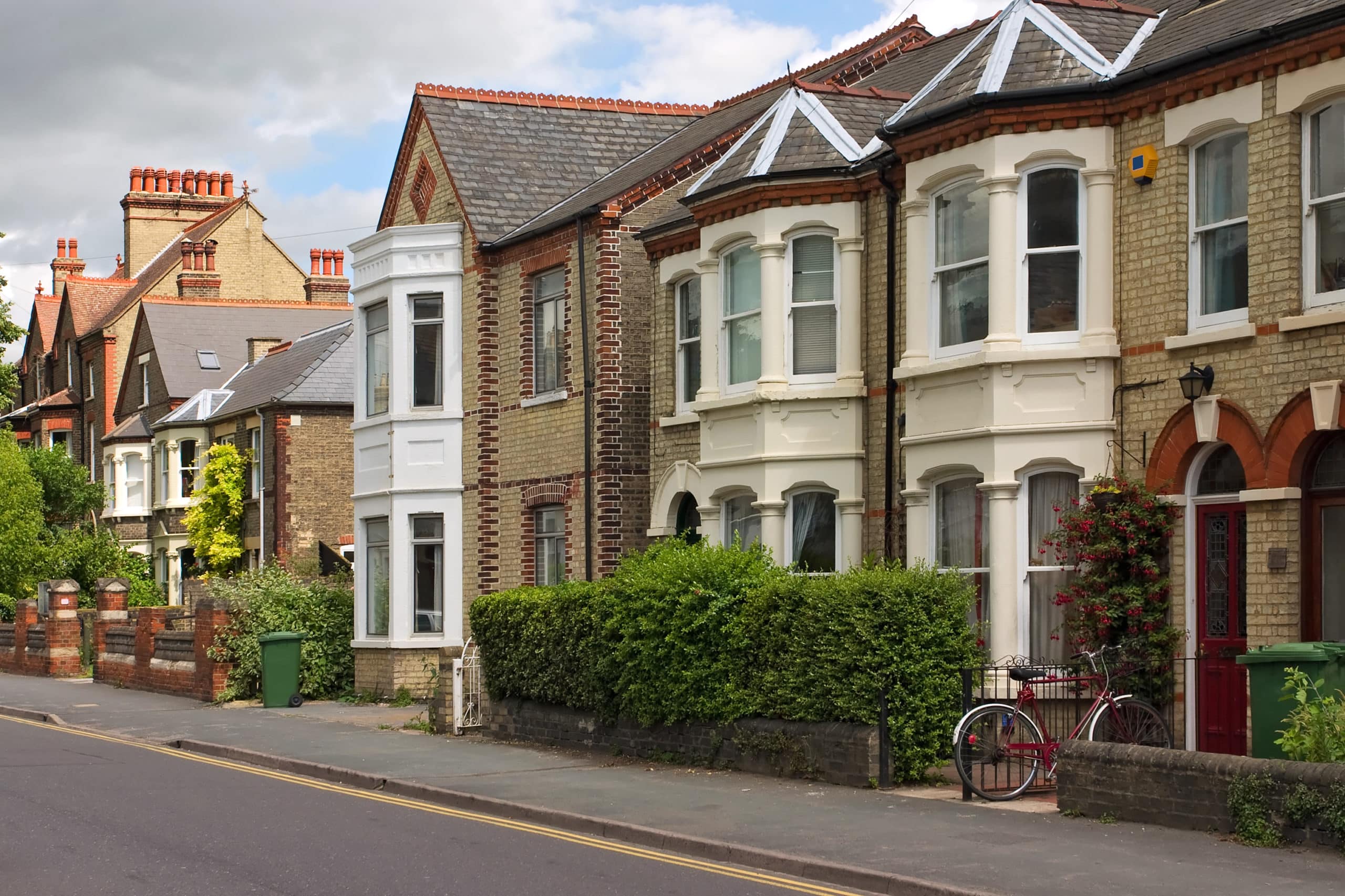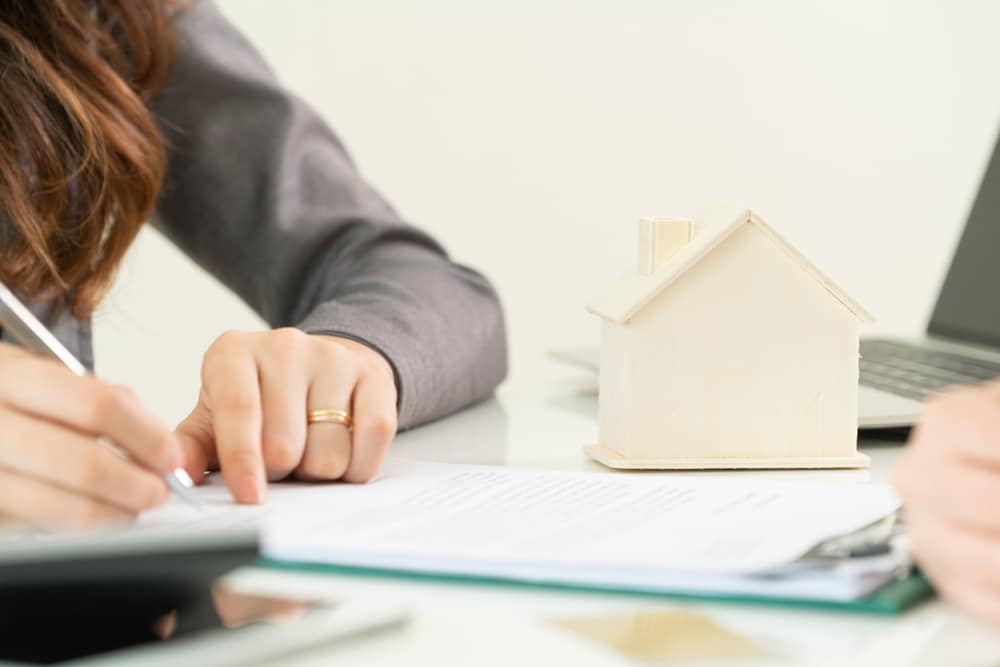Everyone wants their house transaction to go smoothly. Whether purchasing someone else’s property or selling your own, getting the deal done quickly makes it easier for you to organise, prepare, and move on to the next chapter in your life.
One of the most time-consuming aspects of any house transaction is conveyancing – that’s why you want to avoid delays in the legal process wherever possible.
Conveyancing delays can add weeks, or even months, to the time it takes to complete your deal. But what causes these delays? And what effect might it have on you?
Keep reading our blog below to find out.
What is Conveyancing?
Conveyancing is an integral part of any house transaction. There are several stages to it – and the better your understanding of these, the less stressful it may seem.
A licensed solicitor or conveyancer usually carries out the conveyancing process. This person’s job is to transfer a house between two different people, which is generally completed in three stages:
- Pre-Contract
- Pre-Completion
- Post-Completion
Your conveyancer will be in regular contact with the representative for the other party (i.e. the seller/buyer), ensuring that any issues are dealt with and all processes are correctly followed.
It is possible to complete the conveyancing process yourself. However, it is only recommended that you do so if you have previous experience. After all, completing paperwork, transferring title deeds, carrying out money transfers, and more can be particularly complex surrounding a house sale – so you want everything to be completed correctly. Also, if something goes wrong, you risk losing the property and forfeiting your deposit.
One of the other rare instances, when you may not require a conveyancer is when selling to cash house buyers. This route is chosen by people who want to save time and money since selling directly to a cash buyer can prevent you from having to fork out for a conveyancer yourself.
When selling on the open market, you will want to consider many factors when deciding which conveyancer to hire – an essential part of this is efficiency/timeliness. Delays in the conveyancing process are never ideal, so finding someone with the time, expertise and experience to do the job well is essential.
What causes Conveyancing Delays?
A variety of things can cause delays in the conveyancing process. First of all, some professionals have a long backlog of clients/cases, so it may take them longer to get things sorted for you. It would help if you spoke to the person or company about their availability at the current time, how long they expect the process to take, what their fee is, and more.
Your conveyancer will also wait for specific information to be provided to them before they begin the work. Providing proof of your identity or transferring funds to your conveyancer may be required up-front – and if so, you should be ready to complete these steps quickly so work can begin.
Plenty of complications are involved with the transaction itself that may slow things down, too. For example, suppose a mortgage offer expires before the exchange of contracts. In that case, this will force the entire mortgage application process to be restarted. Similarly, completing documents incorrectly may cause them to be returned and re-done, so make sure you follow all instructions, too.
In some instances, the delays may be the fault of other conveyancers in the property chain. As many property experts say, ‘the chain can only move as fast as the slowest link’, so if there are delays elsewhere in the chain, your conveyancer may be restricted regarding what they can do, too.
Your conveyancer may also encounter specific challenges when completing searches on a potential property. The house can only be inspected when the seller permits it. Your conveyancer may have to wait several days/weeks to hear back from the council or other local bodies regarding important information about your deal.
Besides the reasons listed above, there are plenty more causes for conveyancing delays, such as obtaining leasehold packs from third-party managing agents, providing incorrect information on mortgage application forms, or not declaring gifted deposits/necessary source and origin of funds information at the outset.
The effect conveyancing delays can have on a sale
Delays in the conveyancing process may increase the cost of selling your house. Plenty of legal firms charge by the hour – so if specific steps need to be repeated, then this will increase your fees. Since conveyancing typically represents one of the most significant costs associated with a sale (with prices usually being in the thousands), this can have a substantial impact on the profitability of your transaction.
In some cases, conveyancing delays may cause the entire deal to fall through. Changes to the timeline can often cause buyers/sellers elsewhere in the property chain to back out – and once one deal falls through, several of the others can, as well. You may want to consider taking out Home Buyer’s Protection Insurance for this reason.
Claiming money back on conveyancing delays
Depending on the circumstances, you may be able to claim back any extra costs associated with your conveyancing delays. Home Buyer’s Protection Insurance may enable you to get some of this money back, and if the deal falling through has been caused by ‘professional negligence’, then you may have a case against the conveyancing firm, too. You are getting input from an expert in this, which is always a smart idea.
Sometimes, if the fault of delays or the sale falling through is the other parties, then you can claim against them. You should seek legal advice before you proceed.
Remember that conveyancing costs usually depend on how far along your deal’s house-selling process is. Your conveyancer sometimes may not charge you if the transaction falls through – it just depends on the circumstances.
Tips to make sure there are no conveyancing delays
While conveyancing delays cannot always be avoided, there are steps you can take to make them less likely to happen.
Firstly, getting all your paperwork in order as soon as possible (in an ideal world, before you contact the conveyancer in the first place) will speed things along.
Maintaining clear and consistent communication with all parties will make a difference, too. You can keep following up with your conveyancer to ensure you stay at the top of their priority list – and you (or your conveyancer) can also maintain a line of communication with the other people in the chain to keep everyone on the same page.
Researching before you choose your conveyancer is a brilliant idea, too. Some companies have a reputation for being fast, while others may be known for inefficient delays. Ask your friends and family for recommendations or look closely at online reviews to find the right choice.
Moving things along quickly on your end will also make a difference. If you are asked a question by someone in the chain, then getting the answer to them quickly will make a big difference. In this situation, being organised can be critical.


